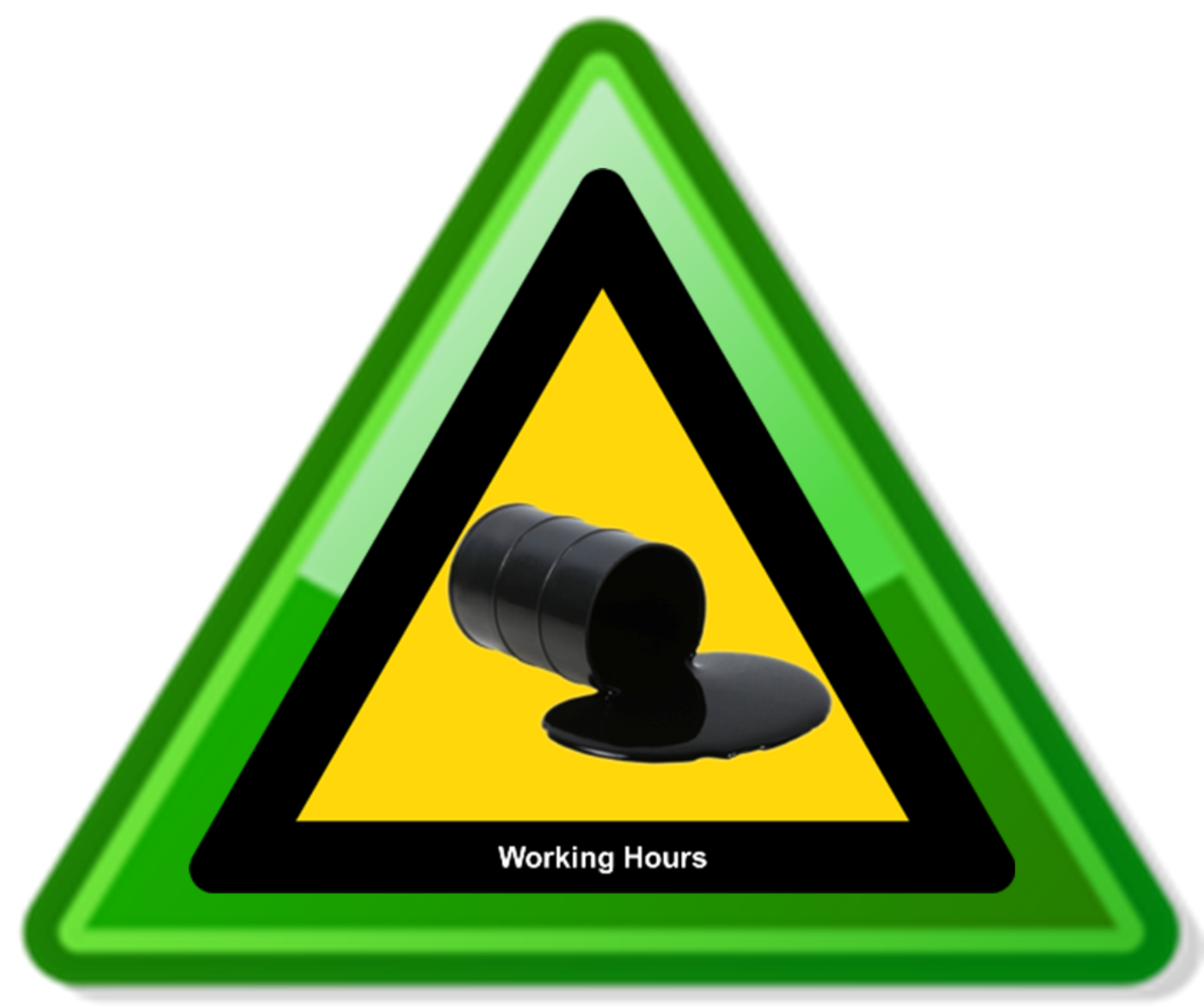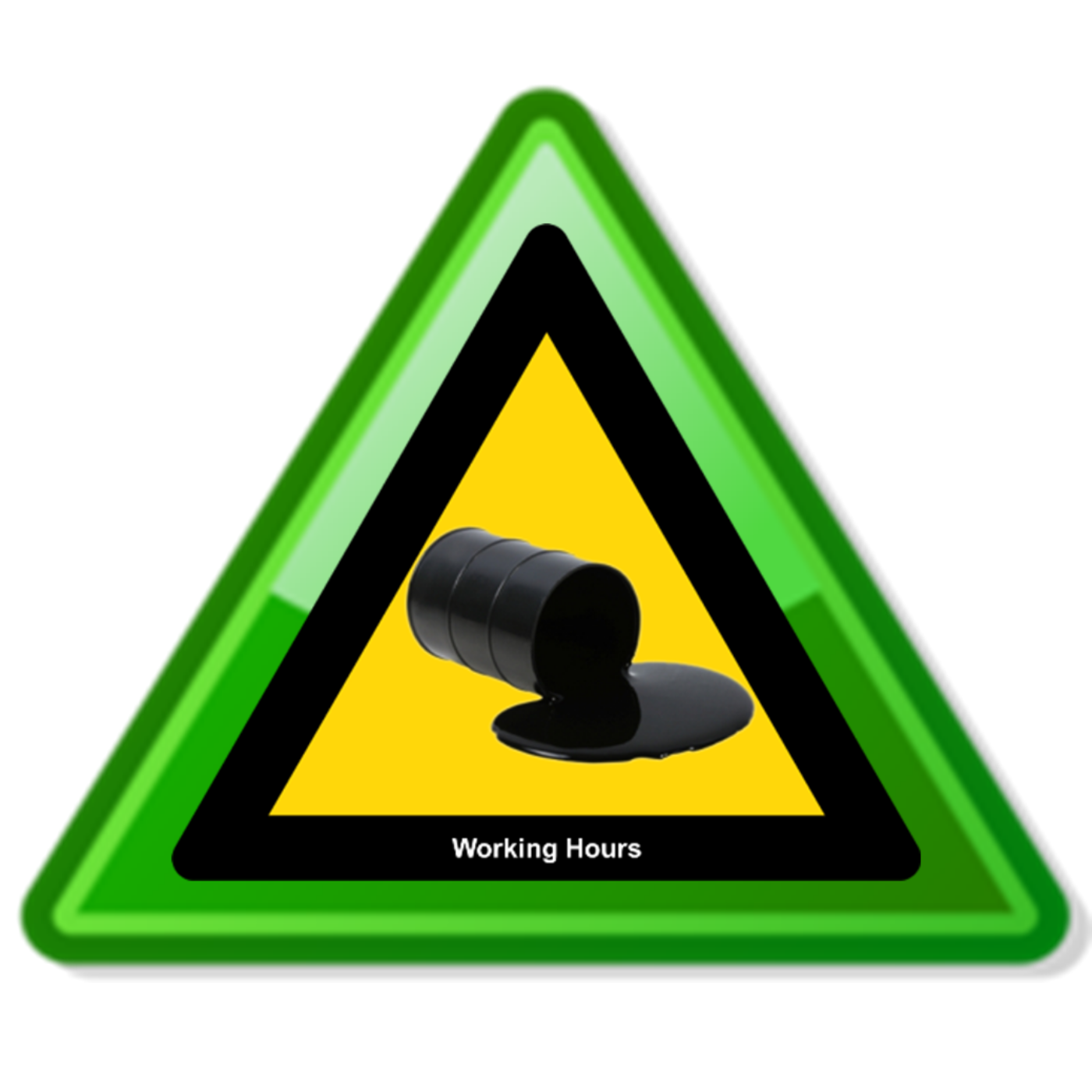Work is Concrete
Michal Drewniok recorded on 03/08/2022
Michal Drewniok is a Research Fellow in Transforming Foundation Industries at the University of Leeds. His background is in civil engineering and he holds a PhD in concrete technology from Silesian University of Technology in Poland.
Prior to his current positions, he worked as a Site Engineer and Concrete and Production Technologist at Precast Concrete Manufacture.
In 2015 Michal joined the University of Cambridge as a Research Assistant in Material Efficiency in Construction. Michal was involved in two projects, both centred on making better use of steel in construction. The first explored the barriers to steel reuse, and the second was looking at the role of material efficiency in building conception and design in construction.
In March 2018 he joined the Structures Group at the University of Cambridge working on the project Minimising Energy in Construction (MEICON) exploring the practices of structural engineering that lead to structural inefficiencies.
In the years 2019-2020, he took on an internship to study the relationship between embodied carbon and different reinforced concrete floor systems and was involved in two projects: post-construction assessment of embodied carbon for Civil Engineering Building in Cambridge and barriers to low carbon concrete technologies in the UK.
In 2020, in collaboration with Expedition Engineering, Michal received a Knowledge Transfer Fellowship on “Climate compatible decision making in the construction sector”.
In 2021, Michal joined the University of Bath as a Research Associate in Efficient Concrete Structures to explore ways to achieve carbon reduction targets in UK construction.
Since January 2018 Michal is a main coordinator of the Resource Efficiency in Construction and the Built Environment, forum for academics, architects, designers, engineers, contractors and policy makers who would like to explore ideas around how the built environment can deliver future energy and material services, while at the same time reducing resource use and environmental impact.
In 2021 Michal joined the Low Carbon Concrete Group that in 2022 developed the Low Carbon Concrete Routemap



